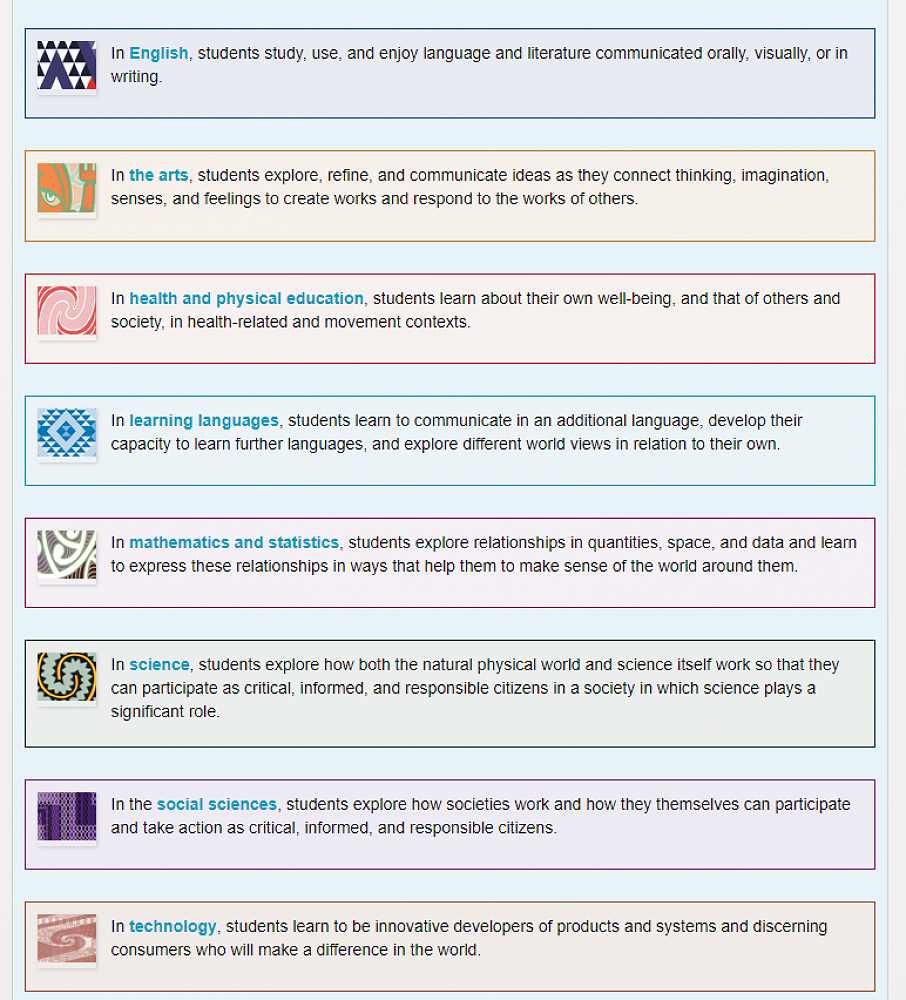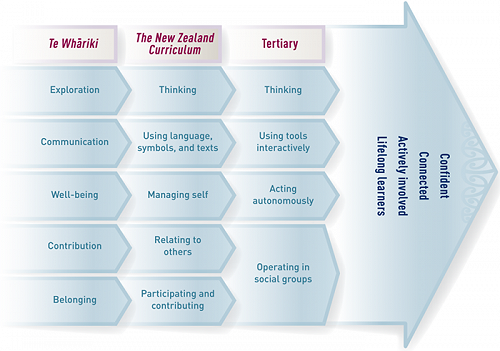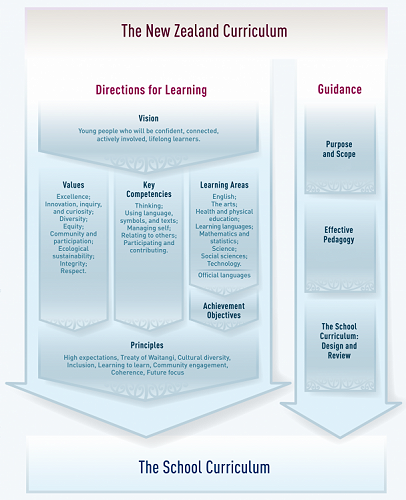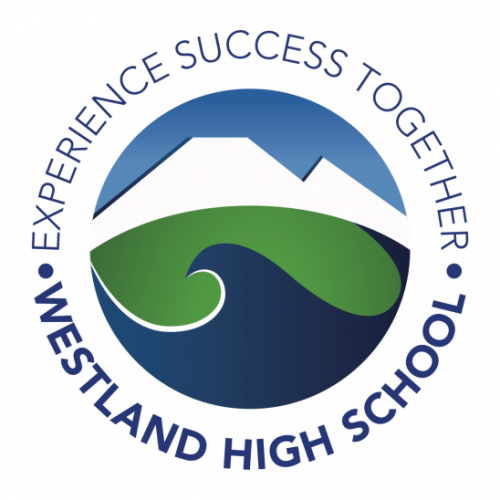
Academic - what’s in a word?
Academic is an often used word, particularly in the school setting. But what does this word mean and do we have a shared understanding of it?
The direction for learning in New Zealand secondary schools is set by the New Zealand Curriculum (2007) and for Māori-medium schools its parallel document Te Marautanga o Aotearoa. These documents allow schools in Aotearoa New Zealand to build and develop curriculums that are responsive to the needs of communities and the students within them - now and in the future. At the core of these foundation documents is the Te Tiriti o Waitangi/the Treaty of Waitangi.
The Westland High School board of Trustees has recently approved the 2021 annual plan. Within the plan it is clearly stated that Westland High school will ‘develop and implement a responsive localised curriculum document giving effect to the Treaty of Waitangi’. A localised curriculum is a curriculum that delivers rich and strong programs of learning which not only meet the Ministry of Education (MoE) priority goals for learners, but also recognises the needs of the students and the community in which they are living and growing.
How do schools develop curriculums to meet such a complexity of needs? They achieve it by developing learning programs which stem from the 8 learning areas (or subject areas). These include english, the arts, health and physical education, learning languages, mathematics and statistics, science, social sciences and technology. All of these are termed academic and with such a wide range of subjects schools can, and do have authority to develop programs of learning (subjects / courses) which meet student and community needs.
Westland High School at 360+ students is a smaller school, but it remains big on delivering courses “in response to the particular needs, interests, and talents of individuals and groups of students” (NZC, 2007). Review of the school curriculum is a constant in any school, including Westland High School. All subjects offered are academic, maybe some have a stronger ‘hands on’ focus, and evidence for others is gathered by multiple means and often not by ‘pen to paper’. Regardless of the learning model or the mode of evidence gathering all subjects are academic.
Every student needs to be provided with learning opportunities (curriculum) which “support and empower them to learn and achieve personal excellence, regardless of their individual circumstances”, and this is why academic is actually a broadly defined term, interconnected with all of the eight learning areas (umbrellas) in the New Zealand curriculum.
Gallery


